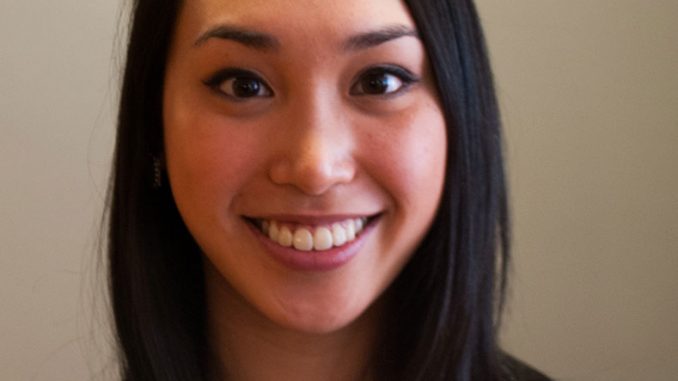

Senior nursing major Maria Tieng is dedicated to the transformative power of public health’s evolution toward community-based practices, namely those in North Philadelphia shelters for women and children.
Tieng, along with fellow nursing students of sophomore, junior and senior status, is a participant of Community Home, a community-based service-learning course within the program. Designed to promote health education within North Philadelphia, the program takes acute hospital treatment to a personal level in an effort to get students acquainted with the individuals they will serve in their future careers.
“You see what your patients are like outside of the hospital,” Tieng said. “Some people can be based in clinics and their focus may be with drug addicts as their direct patient population, while others can be in elementary schools, helping kids with healthy eating tips. You first have to assess your population and see who you’re actually dealing with. You have to think about how you can help them.”
Community Home is coordinated under the direction of Rhonda Maneval, the associate chair for undergraduates in the nursing department, and course director Anne Marie Kiehne.
Nursing students enrolled in the program must promote group discussions and host activities rooted in practical healthcare routines for their targeted patient population to make the program applicable to their everyday lives.
“Depending on the patient and the age group, we figure out the best way for them to really take in that information, and that’s how we go about implementing our project and promote health at that specific site,” Tieng said.
She said that after the student-nurses know that information, they form an approach to how they will handle the interactions.
“If you’re working with kids, we try to engage them in fun activities, whereas adults most likely want an interactive group discussion,” Tieng said. “You’re asking yourself what you’re going to implement at this site. You interact with the patients or the students and you get a feel for what everyone wants to know more about, whether it’s healthy eating, birth control, stress management, anything – and then you go off of that. We then discuss our findings as a group and discuss how we’re going to present our specific health education project to that patient population.”
Tieng said one challenging aspect of working at the shelters is helping women and children incorporate these practices into their day-to-day experiences.
“They assign you to a site and you don’t know anything about it,” Tieng said. “I think that’s the hardest part, because you don’t know what to expect. You don’t know exactly what they’re looking for. Last semester I had no idea what type of women I’d be working with or what kind of knowledge they were going to want me to bring to the table. Trying to feel your way in and feeling out your patient population, that’s the most difficult part.”
Temple’s nursing program travels to several local healthcare and community facilities in search of willing participants and cooperative staff members to partake in these interactive educational seminars. Some of these facilities include HIV clinics, doctor’s offices, shelters, elementary schools and prenatal clinics.
“Most of our clinicals are at Temple Hospital, so they want to give us as much exposure to the patients we’ll be treating in terms of what their family dynamics are and the types of food they are eating at home,” Tieng said, referring to the benefits of working outside the hospital in the community. “You get a sense of different socioeconomic statuses while getting a better feel of the patients you’re taking care of when you’re in the hospital, because you’re familiar with the surrounding community.”
Tieng has been involved with educating at several clinics at Temple University Hospital, the Pan-American Academy Charter School, a dual-language charter school and Woodstock Family Center, an emergency shelter for homeless women with children.
“I’m able to see the people I’m dealing with and what struggles they go through, understanding why they have the health problems they do,” Tieng said. “I take that into clinical with me all the time when I’m in the hospital. There’s just so much more that I can give to the people in the community. I’m able to help them and hopefully be able to prevent them from coming to the hospital with what I talk about that day. I try to carry that with me throughout my career.”
Lauren Dunn can be reached at lauren.dunn@temple.edu.


Be the first to comment